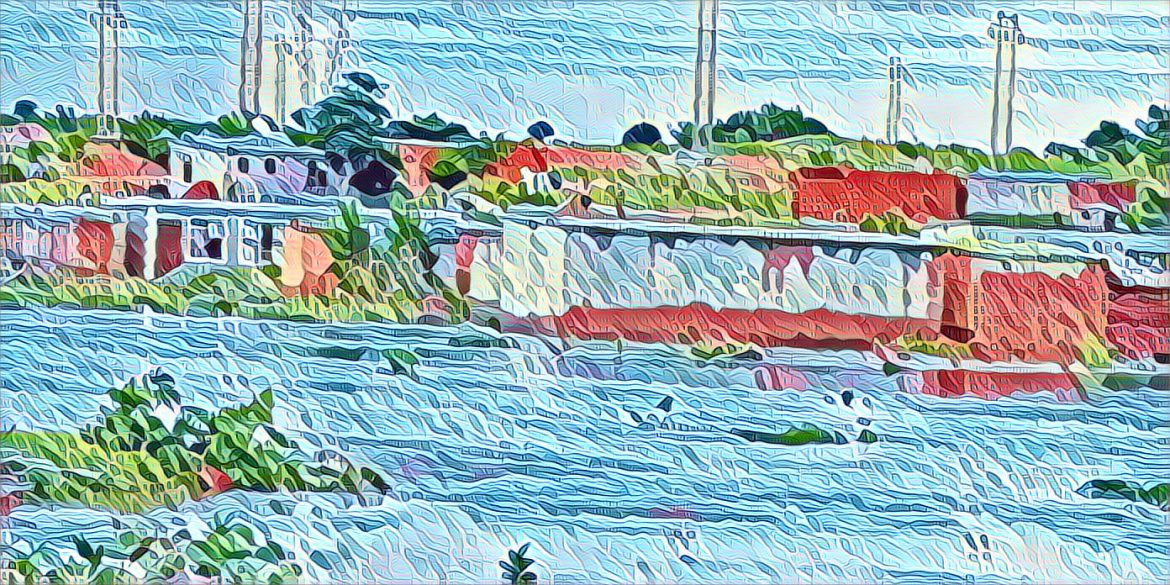In a critical alert, the Harare City Council has issued a warning about an imminent third wave of flooding in the Budiriro and Kuwadzana areas, raising concerns among residents and authorities. This alarming forecast follows two previous devastating floods, one of which tragically swept away homes, furniture, and a young child on Unity Day. The upcoming threat adds to the growing distress in these communities.
Harare, Zimbabwe’s capital, has been grappling with unusually high rainfall this season, following a delayed onset of rains. The city’s low-lying areas, particularly those with illegal settlements on wetlands, have been disproportionately impacted by the floods. Budiriro and Kuwadzana, having already faced the fury of the Marimba River breaking its banks, are now bracing for another potential disaster.
Harare Mayor Jacob Mafume has urged residents in these flood-prone zones to take precautionary measures. He advised them to either relocate to safer, higher ground or seek temporary shelter in council-operated vocational centers. Mayor Mafume emphasized the importance of staying alert, safeguarding property, and prioritizing personal safety in the face of the looming flood risk.
The crisis has put a spotlight on the issue of illegal settlements in Harare, which lack basic amenities like clean water, electricity, sewer systems, and proper road networks. These settlements, home to around a hundred families, have been a contentious subject, caught between government policies and human rights concerns. Efforts by both the council and the government to address the land invasion issue have been met with resistance and criticism from human rights activists.
In response to the situation, the government has announced plans to evict those residing illegally on state land. However, Mayor Mafume revealed a more compassionate approach for those who were legally allocated land in vulnerable areas, offering them alternative sites for relocation. This distinction between legal and illegal settlers highlights the complex challenge of urban planning and housing in Zimbabwe’s capital.
The Mayor’s statement in December last year shed light on the broader housing crisis in Zimbabwe, underscoring the need for a comprehensive and humane approach to urban development. He called for collaboration with the ministry of housing and the development of a robust plan to regularize settlements and address the housing shortage effectively.
As Harare braces for the third wave of floods, the situation in Budiriro and Kuwadzana remains tense. The Harare City Council, while providing immediate relief and shelter, is also confronted with the long-term challenge of preventing such disasters. This involves addressing the illegal settlement issue, ensuring proper urban planning, and providing sustainable housing solutions.
The plight of the affected families in these flood-hit areas reflects a larger narrative of urban vulnerability and the need for responsible governance. As the city navigates through this crisis, the response and strategies adopted by the Harare City Council and the Zimbabwean government will be critical in shaping the future resilience of these communities. The situation calls for a balanced approach that considers both immediate disaster relief and long-term sustainable urban development, ensuring the safety and well-being of all residents in Harare.


